Vincenzo Antonio Manno

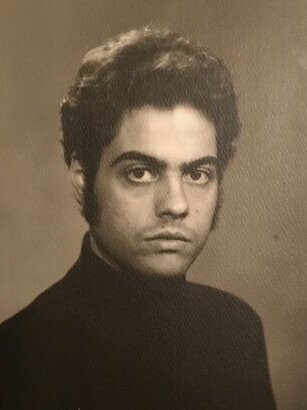

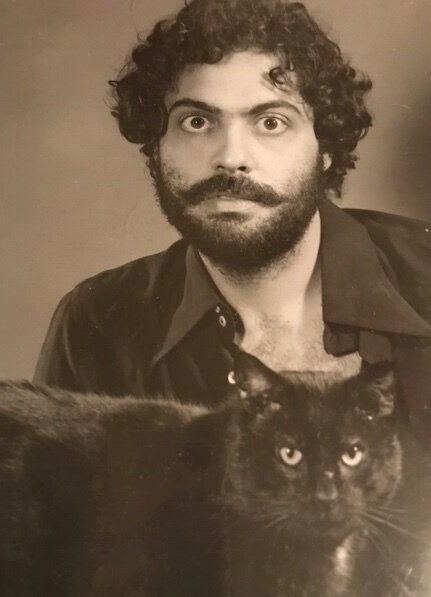

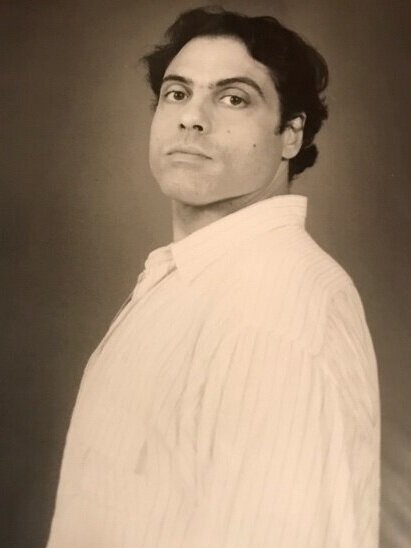





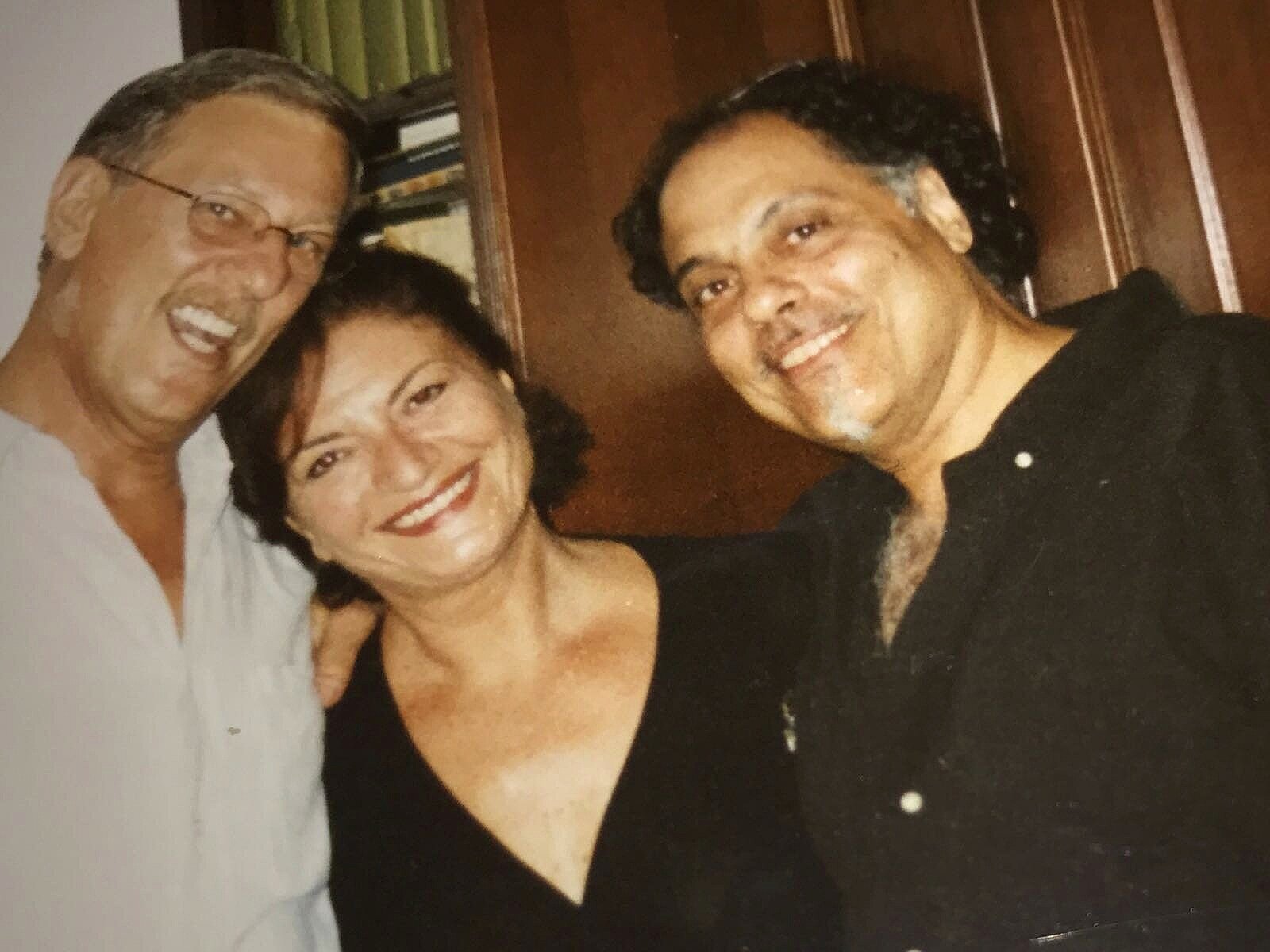




















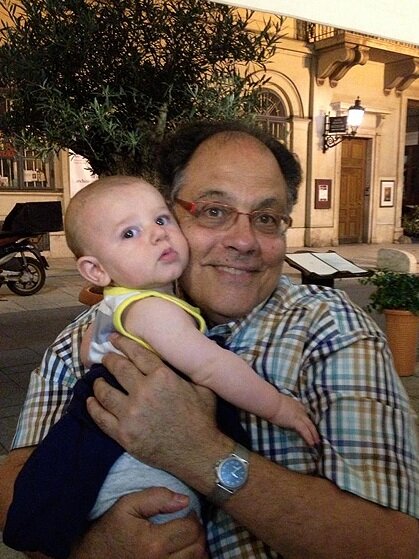



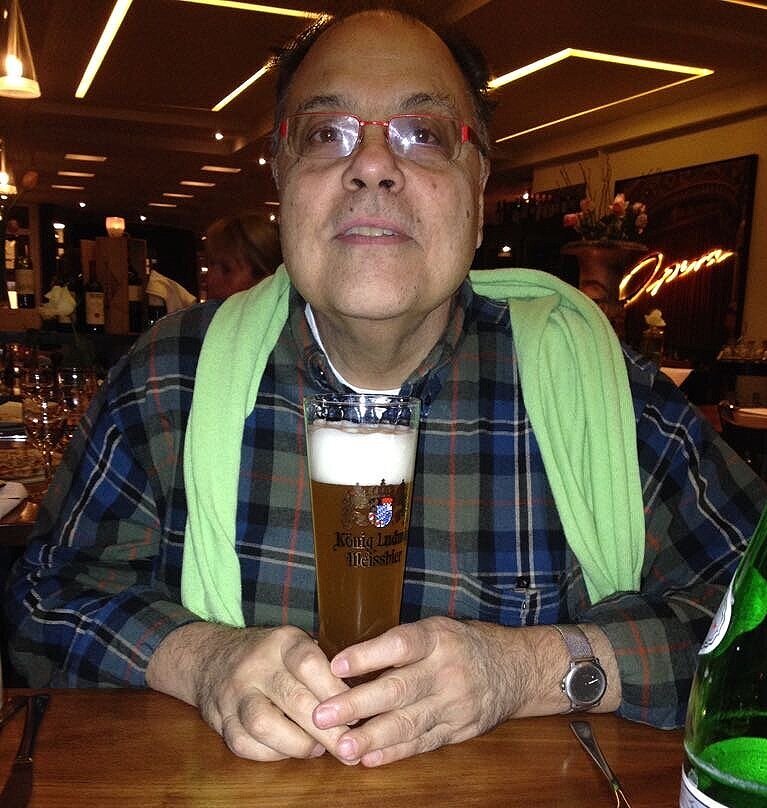




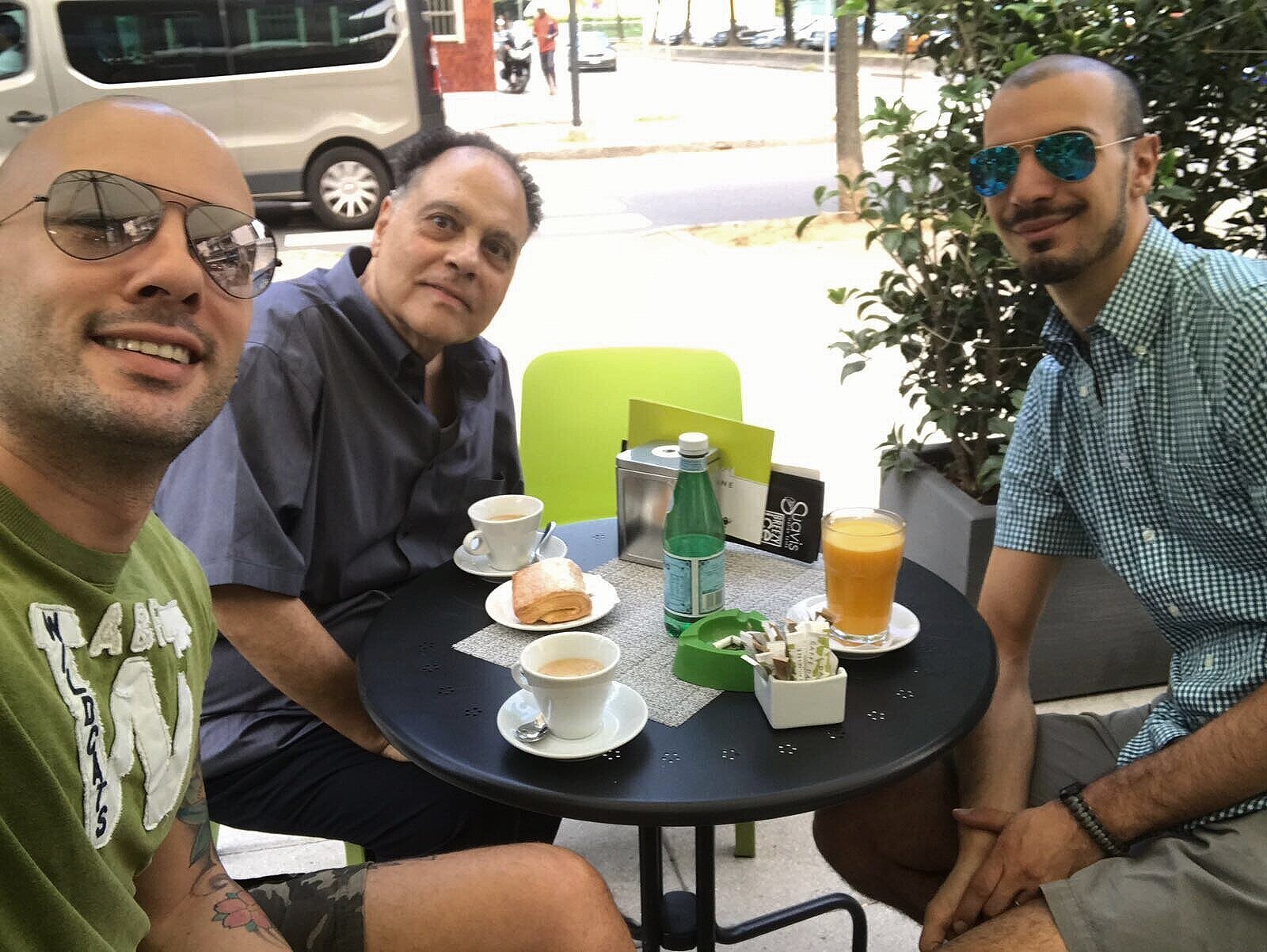



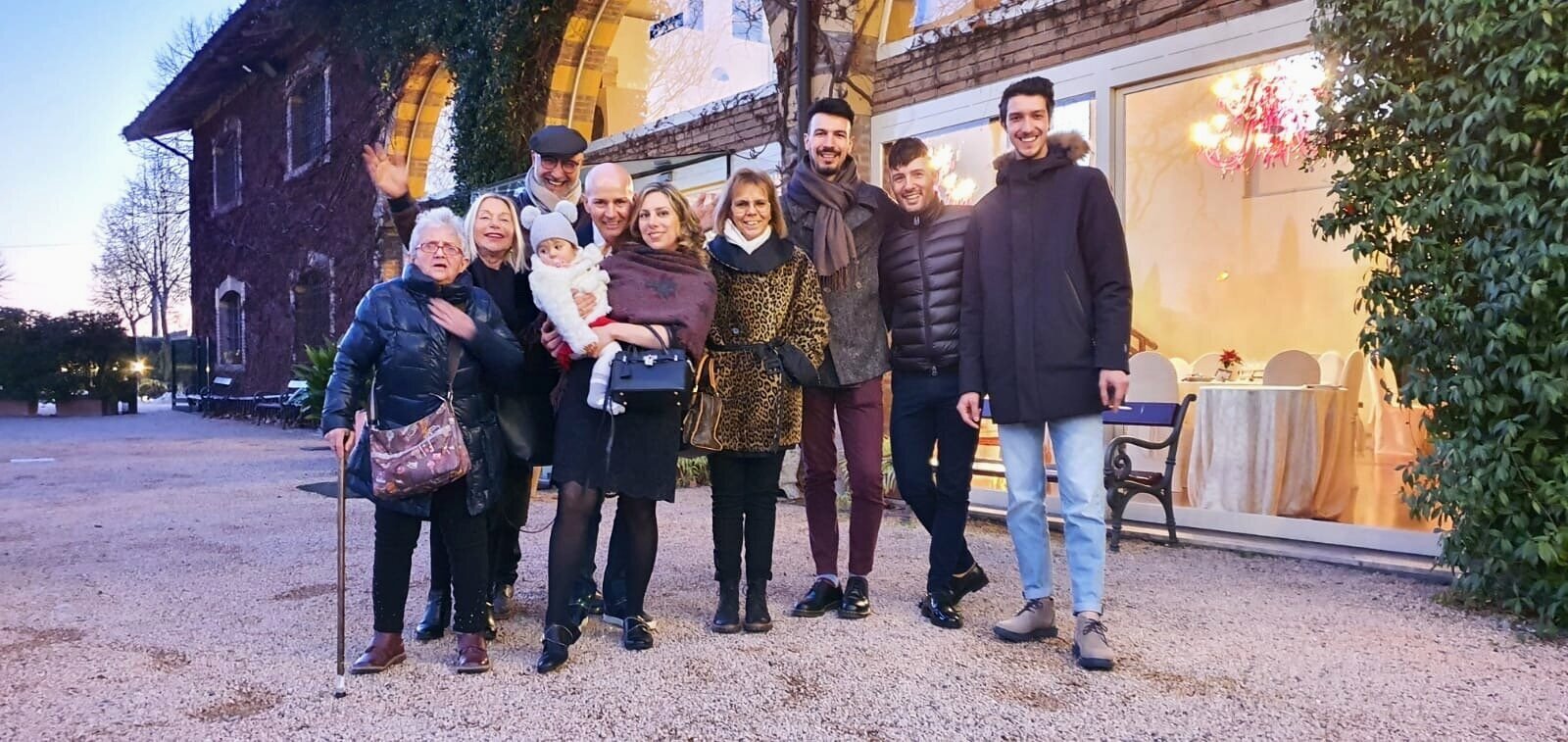


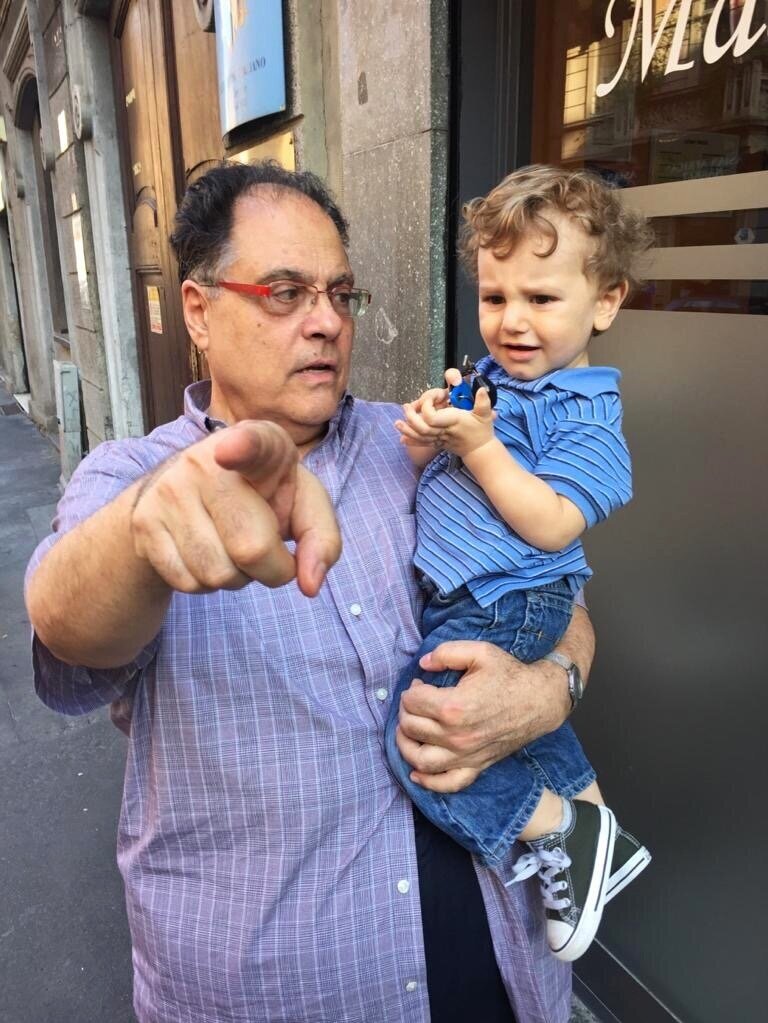
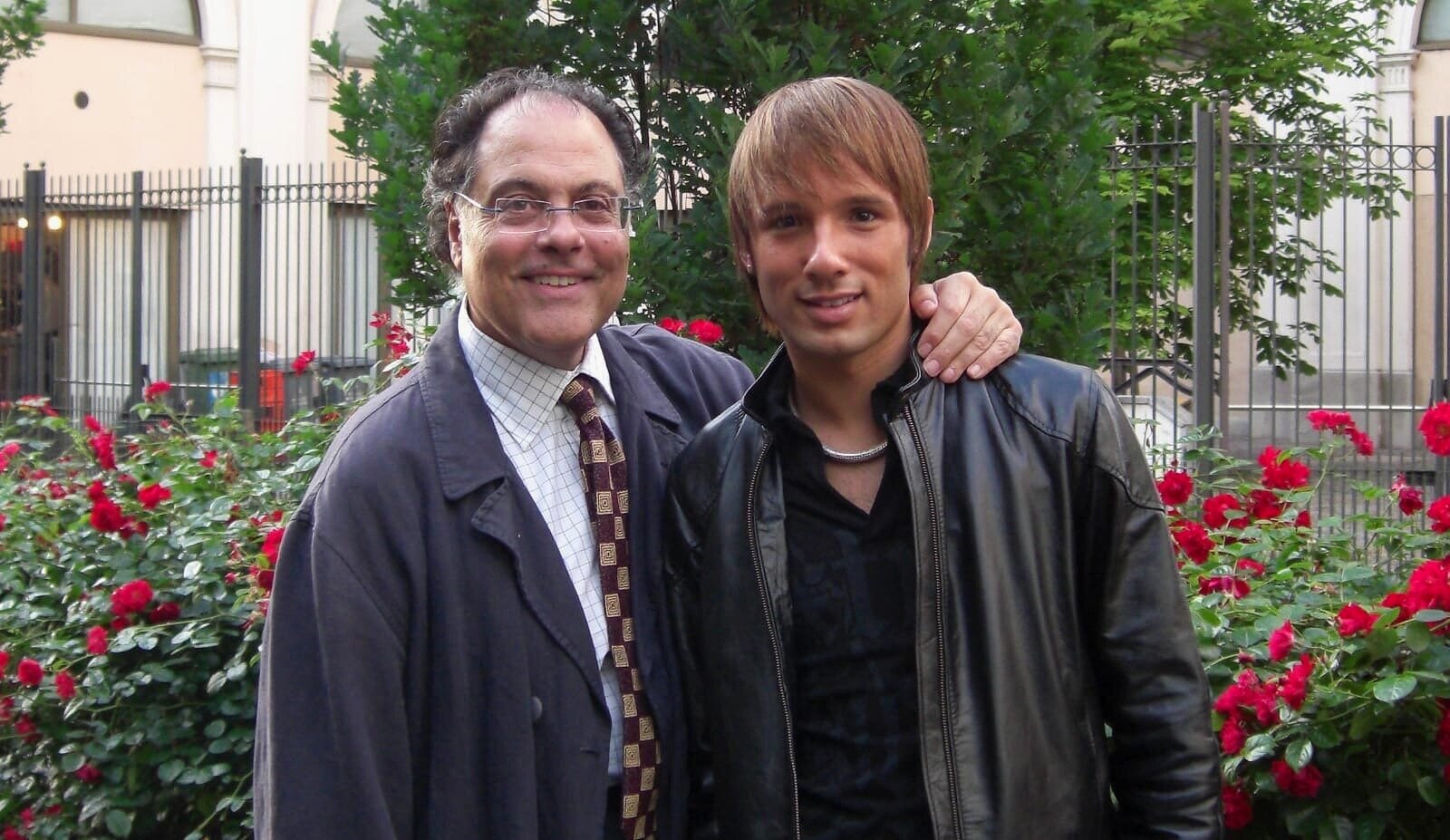
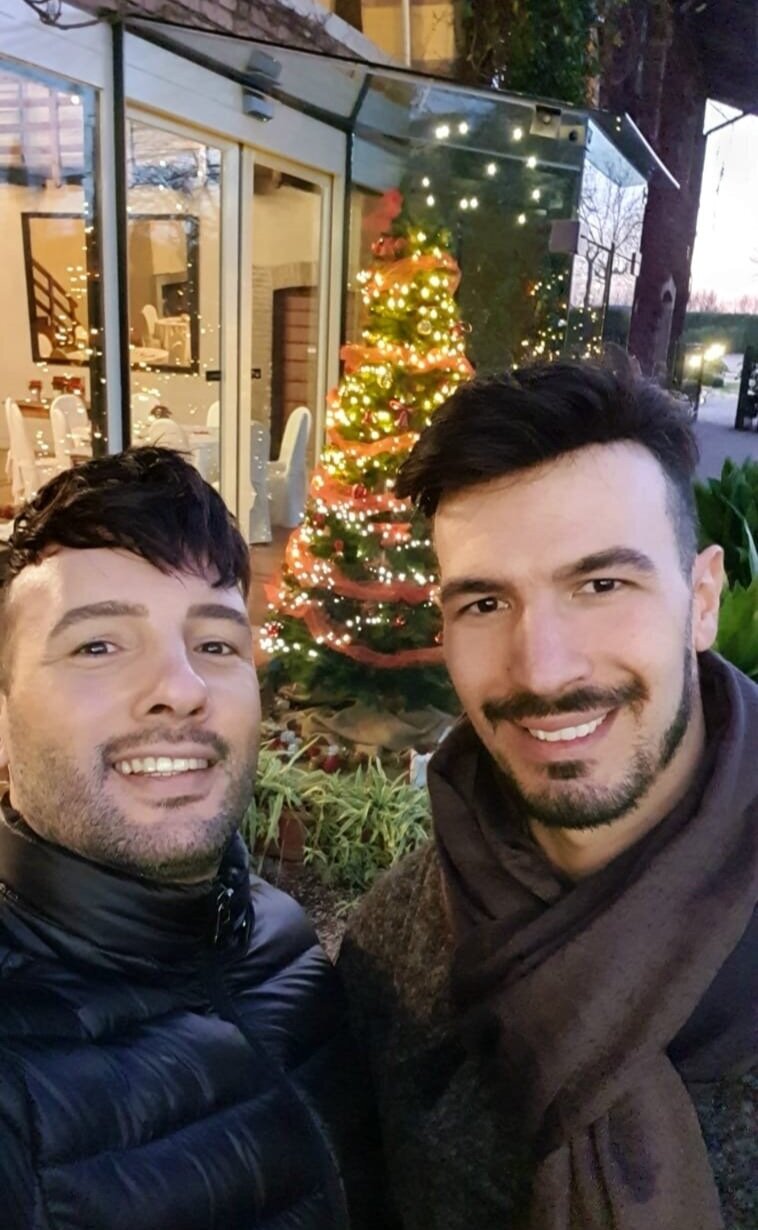






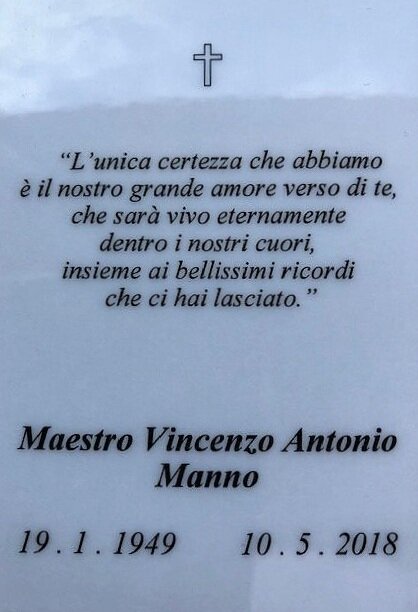
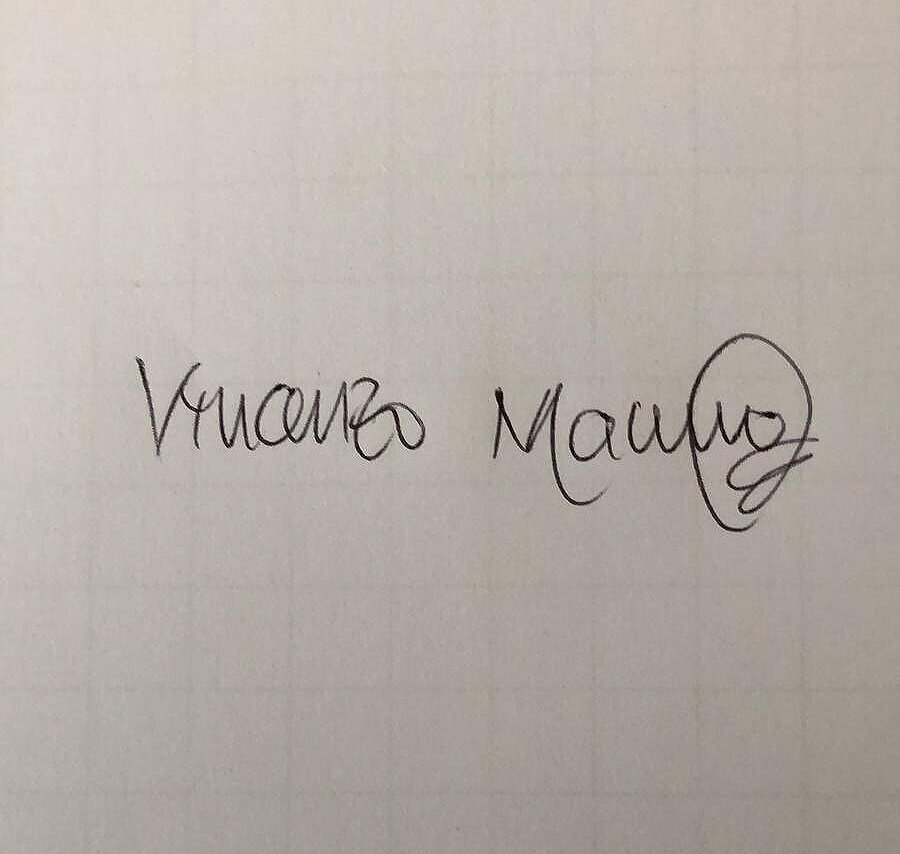

in memoria di Vincenzo Antonio Manno
Communicate through music, opera teacher urges
The lesson visiting opera singer and teacher Vincenzo Manno is giving young New Zealanders hoping to forge a successful opera career may be an unexpected one - there is much more to it than singing..
Recital Lirico in Memoria di Vincenzo Manno
Tuesday, June 26, students and teachers will gather in a recital to remember Vincenzo Manno, lyrical singing teacher of the Civic School of Music Claudio Abbado, recently deceased. The school's teacher was born in Cleveland. Vincenzo Manno has sung in the biggest theaters around the world..
The Teaching Method of Vincenzo Manno
Written by Leonardo Cortellazzi (above). I entered the Academy of La Scala in December 2006, and up to that point in my life I had been vacillating between the risks of becoming a singer (my passion) and the security of my university degree in Marketing..
a commemoration and Musical tribute to Vincenzo Manno
Recorded in Italian and broadcast by Radio Switzerland Italiana (RSI) on May 12, 2018
English translation provided by Laura Vejarano, Milan, Italy
Musical Performances
Various Articles & Tributes
Audio Recordings
Giulio Romano: Strana armonia d'Amore (Vincenzo Manno, Roberto Gini, 1992)
Giulio Romolo Caccini (also Giulio Romano) (8 October 1551 – buried 10 December 1618), was an Italian composer, teacher, singer, instrumentalist and writer of the late Renaissance and early Baroque eras. He was one of the founders of the genre of opera, and one of the most influential creators of the new Baroque style. He was also the father of the composer Francesca Caccini and the singer Settimia Caccini.
Strana Armonia D'amore (Vincenzo Manno, Ensemble Concerto; dir. Roberto Gino. 1992)
Giulio Romano: Strana armonia d'Amore (Vincenzo Manno, Roberto Gini, 1992)
Giulio Caccini: Amor io parto (Vincenzo Manno, Roberto Gini, 1992)
Schütz: Musikalische Exequien I – Herreweghe
Musikalische Exequien (Funeral music), Op. 7, SWV 279–281 is a sacred composition by Heinrich Schütz, dating from c. 1635/36. Written for the funeral services of Count Henry II, Count of Reuss-Gera, who had died on 3 December 1635, it is Schütz's most famous work of funeral music.[1] It comprises the following sections:
I Concert in Form einer teutschen Begräbnis-Messe
II Motet Herr, wenn ich nur Dich habe
III Canticum B.Simeonis Herr, nun lässest du deinen Diener
Henry II had planned the service himself and chosen the texts, some of which are scriptural and others of which are from 16th-century Lutheran writers, including Martin Luther himself. He also commissioned Schütz to compose the music on the occasion of his death.
Part I, by far the longest part of the work, is scored for SSATTB (2 sopranos, alto, 2 tenors, bass) chorus alternating with small ensembles of soloists. Part II is scored for double choir SATB SATB, and part III for SATTB choir and a trio of soloists. All movements are accompanied by basso continuo.
The work was not well known to Brahms, though his German Requiem is remarkably similar in content.
The work was the first requiem in the German language.
Heinrich Schütz (German: [ʃʏt͡s]; 18 October [O.S. 8 October] 1585[1] – 6 November 1672[2]) was a German composer and organist, generally regarded as the most important German composer before Johann Sebastian Bach, as well as one of the most important composers of the 17th century. He is credited with bringing the Italian style to Germany and continuing its evolution from the Renaissance into the Early Baroque. Most of his music we have today was written for the Lutheran church, primarily for the Electoral Chapel in Dresden. He wrote what is traditionally considered to be the first German opera, Dafne, performed at Torgau in 1627, the music of which has since been lost, along with nearly all of his ceremonial and theatrical scores.
He is commemorated as a musician in the Calendar of Saints of some North American Lutheran churches on 28 July with Johann Sebastian Bach and George Frideric Handel
Various Recordings
Claudio Monteverdi: Soave libertate a 2 Tenori (Vincenzo Manno, E. De Checchi, Roberto Gini, 1992)
Francesco Rasi: Filli mia, Filli dolce (Vincenzo Manno, Roberto Gini, 1992)
Giulio Romano: Strana armonia d'Amore (Vincenzo Manno, Roberto Gini, 1992)
Bellerofonte Castaldi: "Echo notturna" (Vincenzo Manno, Roberto Gini, 1992)
Giovanni Stefani: "Vaneggiameti amorosi" (Vincenzo Manno, Roberto Gini, 1992)
Bartolomeo Spighi: Filli, tu posi (Vincenzo Manno, Roberto Gini, 1992)
Giovanni Stefani: "Scherzi d'amanti" (Vincenzo Manno, Roberto Gini, 1992)
Giulio Caccini: Amor io parto (Vincenzo Manno, Roberto Gini, 1992)
Giulio Caccini: Amor I am leaving (Vincenzo Manno, Roberto Gini, 1992)
Giovanni Stefani: "Costanza amorosa" (Vincenzo Manno, Roberto Gini, 1992)
Giovanni Stefani: "Occhi crudeli" (Vincenzo Manno, Roberto Gini, 1992)
Francesco Rasi: Occhi sempre sereni (Vincenzo Manno, Roberto Gini, 1992)
Giulio Romano: Romanesca, Bella ragion deh dimmi (Vincenzo Manno, Roberto Gini, 1992)
Monteverdi Madrigals, Book 7 (Concerto: seventh book de madrigali, with other genres of songs)
Francesca Caccini: O che nuovo stupor (Vincenzo Manno, Roberto Gini, 1992)
Claudio Monteverdi: L'ORFEO, Favola in musica: 1607 (Roberto Gini, 2007)
Additional Recordings of Vincento
Accomplishments
The Italian Straw Hat
Il cappello di paglia di Firenze (literally translated as The Florentine Straw Hat but usually titled in English language productions as The Italian Straw Hat) is an opera by Nino Rota to an Italian-language libretto by the composer and Ernesta Rota, based on the play Le chapeau de paille d'Italie by Eugène Labiche and Marc Michel.[1]
The opera premièred at the Teatro Massimo, Palermo on 21 April 1955. The first performance in the United States was at the Santa Fe Opera in 1977, with Ragnar Ulfung as Fadinard, Ashley Putnam as Elena, Kathryn Day as Anaide, and Stephen Dickson as Emilio.[2] The first New York City performance, starring Vincenzo Manno as Fadinard, took place in 1978. More recently, the opera was performed at the 2013 Wexford Festival.[3]
Thiago Arancam: tenor lírico brasileiro que está encantando o mundo
http://www.trt18.jus.br/portal/thiago-arancam-tenor-lirico-brasileiro/
Rosy Anoush Svazlian
Rosy was involved in the preparatory program at Academy of La Scala, under the tutelage of Maestro Vincenzo Manno.
Wozzeck by Alban Berg
Lyric Opera of Chicago 1972 Season
Dec. 5, 8, 11, 13, 16 / In English
Captain
Wozzeck
Andres
Marie
Margret
Doctor
Drum Major
Soldier
Fool
Townsman
Marie's Child
First Apprentice
Second Apprentice
Conductor
Stage Director
Designer
Lighting Designer
Chorus Master
Children's Chorus Master
Associate Conductor
Vincenzo Manno
Geraint Evans
Edward Herrnkind
Anja Silja
Sheila Nadler
Morley Meredith
Frank Little
Paul Gudas
Ernesto Gasco
Robert Johnson
H.L. Silets Jr.
Peter Harrower
Bernard Izzo
Bruno Bartoletti
Virginio Puecher
Luciano Damiani
Gil Wechsler
Michael Lepore
Laurence Davis
Antonio Tauriello
Vincenzo Antonio Manno Obituary
https://www.peoples.ru/art/theatre/opera/vincenzo_antonio_manno/
Винченцо Антонио Манно















